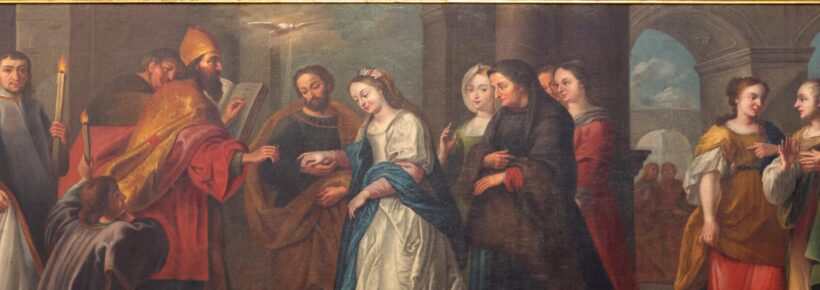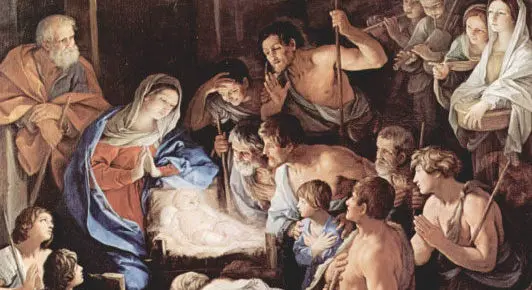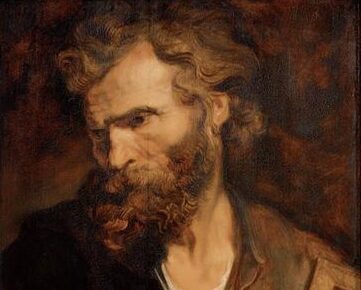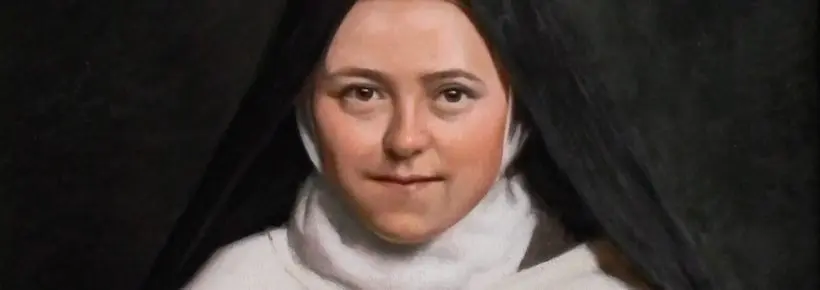Our modern world often forgets it, but did you know that Halloween actually has Catholic roots? Many today associate Halloween with pagan traditions. But the feast itself does not come from pagan traditions – a misconception that comes from a Protestant reimagining of history, which came about to discredit the Catholic traditions of the holiday.
The word “Halloween” itself comes from “All Hallow’s Eve,” which is the Vigil of All Saints’ Day (which is a holy day of obligation).
All Saints’ Day is November 1st, and it remembers not only the known saints in Heaven, but all saints (including those who are unknown).
The day after, November 2nd, is the feast of All Souls. On this day, the Church remembers the faithful departed and prays for poor souls in Purgatory. Even though Halloween today is associates with the eerie or frightful, even this attitude is connected to the Church’s somber remembrance of the Four Last Things: death, judgment, hell, and Heave.
These three feast days are called Allhallowtide, Days of the Dead, or Hallowmas. Together, they beautifully celebrate the Communion of Saints through the Church Militant remembering the Church Suffering in Purgatory and the Church Triumphant in Heaven.
Even children’s favorite part of Halloween – dressing up and going trick-or-treating – has Catholic roots. While the Bubonic Plague was scourging Europe, the French began dressing up in the 14th and 15th centuries on All Souls’ Day to remember death and mortality. This began as an imitation of the danse macabre, which refers to artistic renditions of death that were painted in cemeteries.
What about trick-or-treating? Guy Fawkes led the Gunpowder Plot of November 5th, 1605, in an attempt to spur a Catholic uprising against King James I and his Parliament. This foolish and reckless plan failed, and Fawkes was executed. November 5th became known as Guy Fawkes Day, and some would put on masks to visit local Catholics and demand beer and cakes. When the English came to the United States, they would go door to door asking for “Soul Cakes,” and in exchange, they would pray for departed loved ones of the givers of these cakes. These interesting beginnings led to what we now know as trick-or-treating – where children dress up and go door-to-door for goodies. Once these European Catholics came to America with their customs, Protestants denounced these practices as pagan – thus beginning the wide misconception we have today.
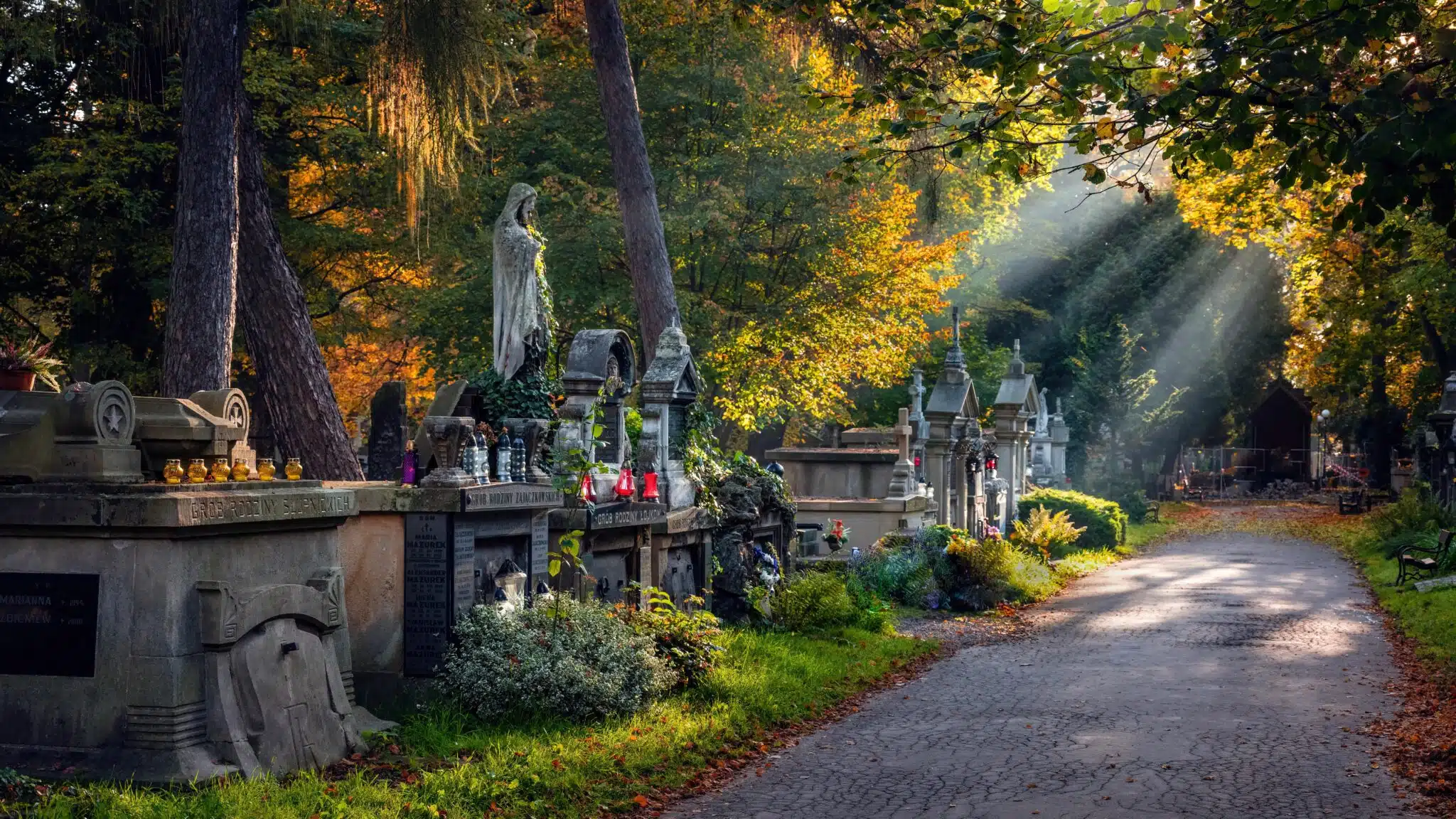
Even though Halloween has Catholic connections, Catholic parents should be careful to not allow their family to celebrate Halloween in a way that is contrary to the faith. Catholics can help reclaim Halloween from the modern demonic, macabre festivities by going back to Halloween’s Catholic roots. Celebrate All Saints’ Day by going to Mass and keeping the day holy, and by thanking the saints for their intercession. Venerate relics and remember your favorite saints and patrons. Remember the faithful departed on All Souls’ Day and pray for the repose of their souls. Visit a graveyard and pray for the poor souls and make sacrifices for them. You can gain a plenary indulgence, under the usual conditions, by visiting a graveyard between November 1st and 8th and praying for the faithful departed. For more information on how to gain this indulgence, click here. Meditation on mortality, our duty to God, and God’s triumph over evil helps place Catholics in the appropriate spirit for the Days of the Dead.
Parents should teach their children about the Days of the Dead Triduum. Parents can talk about those in Purgatory who need our prayers and explain the Catholic roots of the holiday. They can also bring their children with them to a graveyard in the first week of November. Parents could also dress their children as saints, angels, or Biblical characters, if they so choose, and should avoid trick-or-treating at homes that have demonic decor.
Finally, celebrate these feasts while meditating on the Last Things. Gather with family and friends and enjoy meals together.
For more ideas on how to keep Halloween, All Saints’ Day, and All Souls’ Day Catholic, click here!
Related Content
Marisa Cantu has a master's in political science and international affairs and a bachelor's in political science. She has also studied international studies and French. She has a strong background in nonprofit work, research, writing, and policy proposal and analysis.



